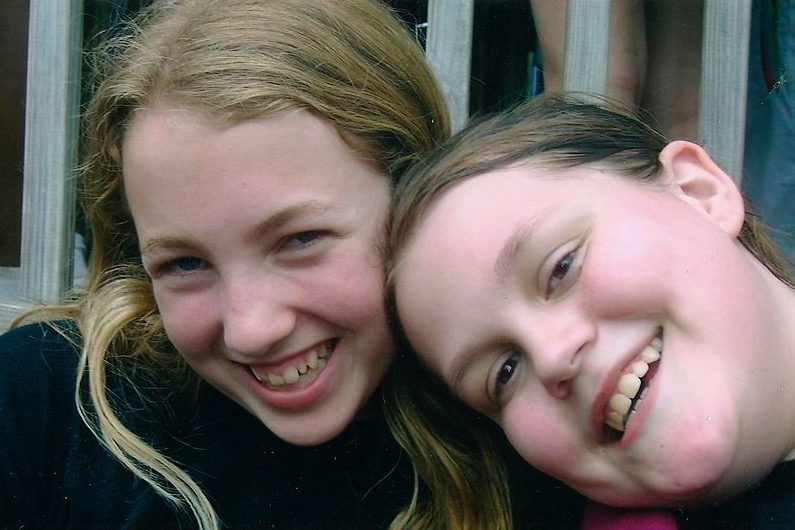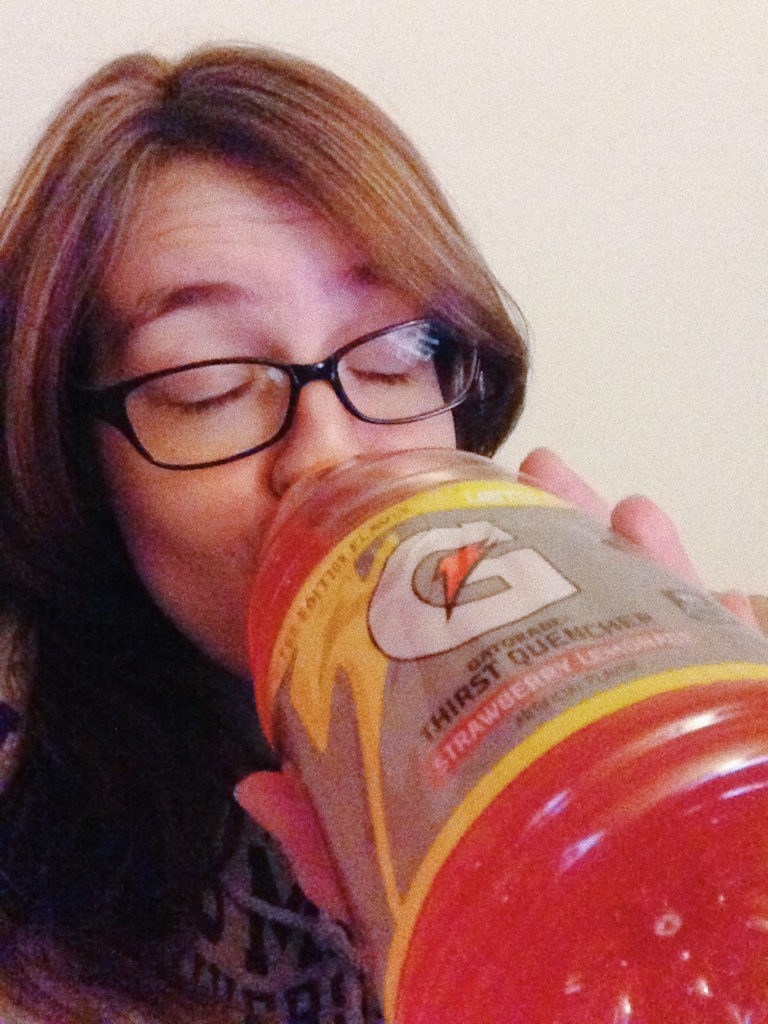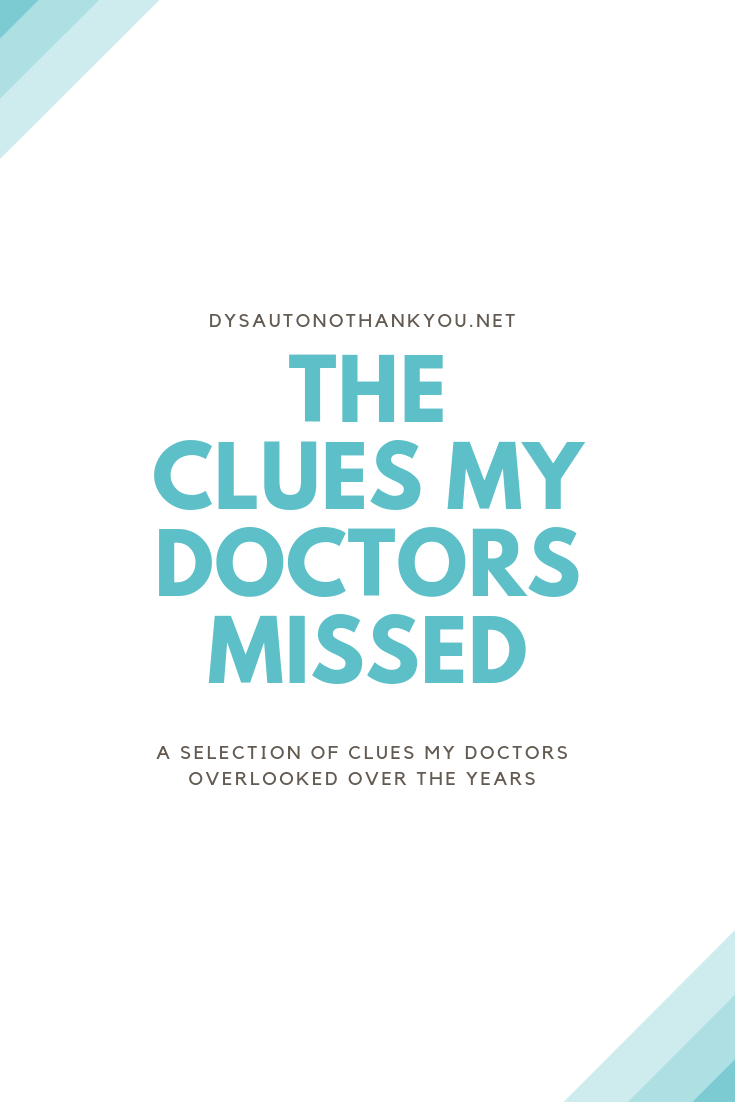I try to live my life without regrets, but I can’t help but look back wistfully on the moments where doctors missed my many signs of POTS. My diagnosis process worked out in a really beautiful way—I made incredible, lifelong friendships I would not have otherwise had I not been diagnosed when I was 20—but damn, sometimes it’s cathartic to feel the sorrow surrounding the times my doctors missed the signs.
Early 2000s

I had frequent growing pains growing up—my arms, my legs, my back. My mom brought it up at every doctor’s appointment. She’s normal and healthy! they would tell my parents.
I did ballet, gymnastics, and Girls On The Run, a before-school running program twice a week. I could never keep up with my peers. The posture I kept during piano lessons felt like a workout in their own rite. We brought these concerns to doctors, citing family medical histories. Doctors reinforced, I was normal and healthy.
2006

I was in 8th grade. I was evaluated by a cardiologist who gave me a Holter, an EKG, and an echocardiogram. At that time, I had P.E. for an hour every day at school. I participated to the best of my ability, but I was exhausted every time. I told them that I felt less fatigued sitting down doing weight training than standing up doing cardio. The doctor told me that the source of my tachycardia was due to being overweight and that I needed to go on a diet. No further help or direction was given.
2009

It was the summer before my junior year of high school. As a favor to a friend, I was a ball girl with my friend’s soccer team at a D.C. United game. We ran out on the field, had to stand at designated posts, and pick up any stray balls for the duration of the game. After running out on the field, I had a sustained heart rate of 180 BPM+ for over an hour. I walked off the field and team doctors took my vitals, shoved Gatorade down my throat and called my parents to pick me up. My mom tried to take me to the hospital but instead I spent the night in the bathroom sick to my stomach. We went to urgent care where they ran an EKG. Next, they sent me to the hospital for another echocardiogram, and referred me to a new cardiologist for a follow up. The cardiologist said I needed to eat more salt, drink lots of fluids, and get in shape.
2010

Later in my junior year of high school, the new cardiologist gave me a Holter monitor and a follow up visit. He didn’t see anything wrong with my heart or vitals, and told me to go jogging every day with a group of friends, because they would hold me accountable.
2011

I saw my pediatrician for my pre-college physical and vaccinations. She asked me how I was doing, and I told her about the tachycardia that never went away, how I felt tired when I stood up, and how I was always jittery. I told her how I’d always been like this, no matter what happened. I referenced the previous episodes. She looked at my list of prescriptions, and without asking how my mood was, told me my antidepressants weren’t working. Side note: my mood was the most stable it had been in years.
2013

After 10 years of my complaints that exercise hurt too much, and referrals from my PCP to check my antidepressants, my psychiatrist said, “I think there’s something else going on here.” He told me he thought I had POTS and to find a cardiologist who would agree. Once I told a cardiologist that a doctor thought I had POTS, they recognized it right away.
Hindsight
Diagnosis was the most validating experience of my life, and I am so grateful to have been given that gift when I was, even if it took 10 years to get there.
What I hope, is that in sharing these stories, in working in the dysautonomia community—
that little kids with abnormally frequent and severe growing pains and teenagers with non-stop tachycardia and young adults who keep getting their problems written off as depression—
will be listened to.
And if the culprit is actually POTS?
That they will be treated.
